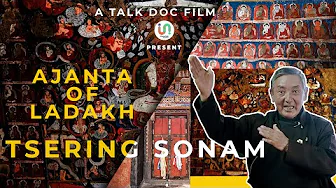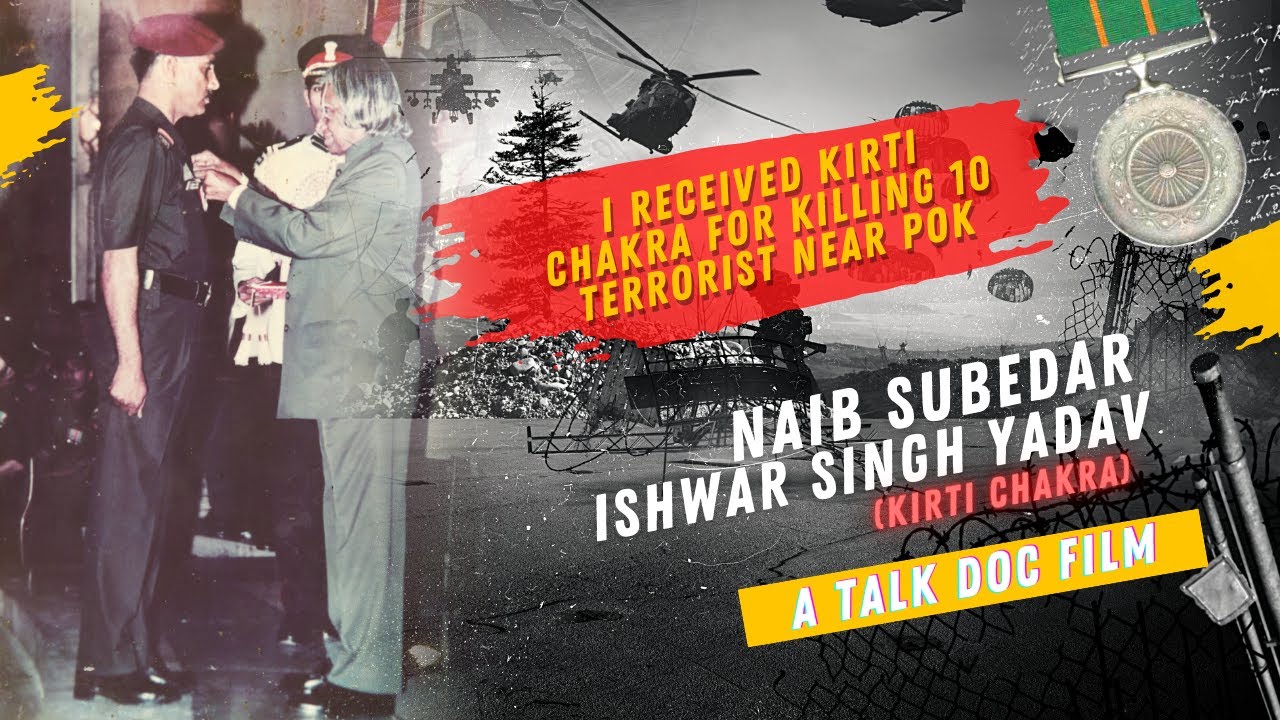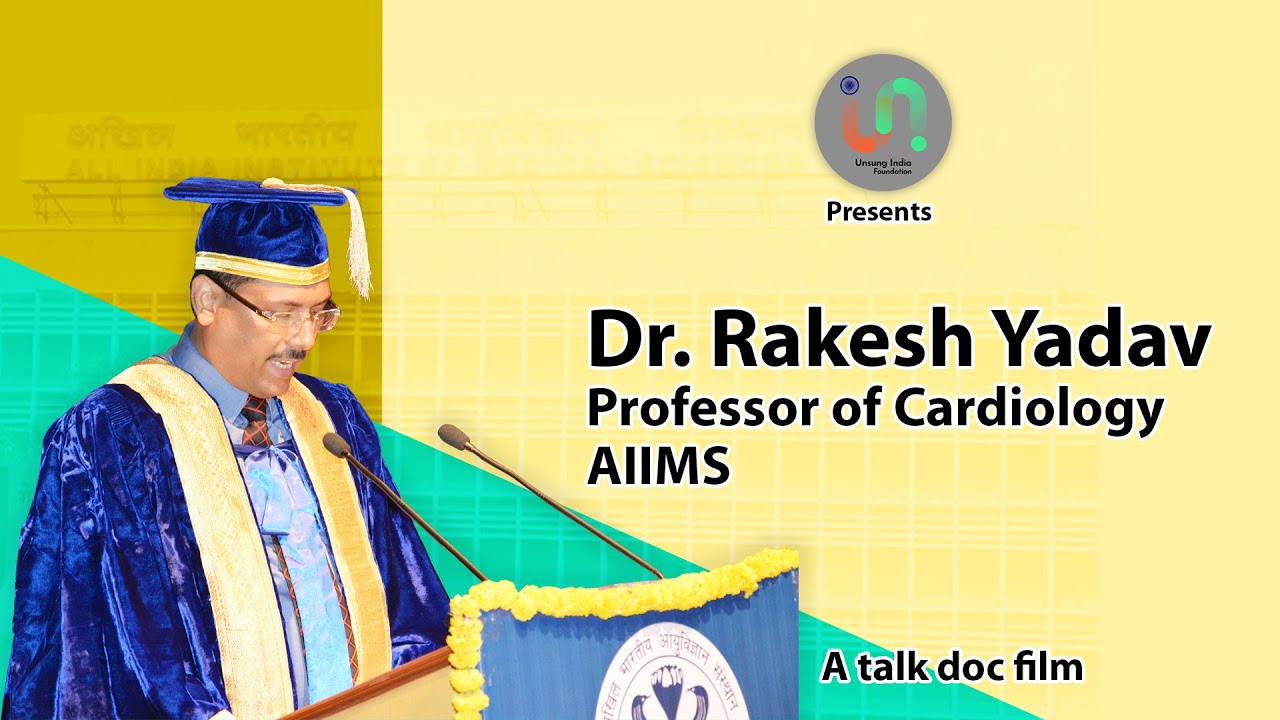Seema Sharma personifies the proverb "Where there is a will, there is a way," and she is a shining example of women's strength. Despite being born and brought up in a middle-class family, nothing could stop Seema Ji from living her dreams. Fighting all odds today, she successfully runs her institution, providing professional theatre training to the young generation and keeping her legacy immortal.
How did your initial training in instrumental music begin? I have had a keen interest in music ever since my school days. Looking at my devotion, one of our Guruji offered me free music lessons, where I was introduced to the basics of instrumental music. During my three-year free training period, I learned about Raagas and Gharanas. Later on, Guruji refused to teach for free. Since I was doing well in it, my parents supported and arranged the tuition fee for me. Soon I mastered the art and started recognising the instrumental sounds even with closed eyes.
What was your first stage performance like? Ever since the beginning, I had no stage fear and was confident enough to perform without hesitation. I was eagerly looking for an opportunity to showcase my talent. And one day, I came to know about a Ramleela play being organised in Mandi. At first, they didn’t let me sing. But after requesting a lot, they agreed. I still remember the song “Do Diwane Sheher Me” that I sang in front of a huge crowd of thousands of people. I participated in my first theatre act named Vidhwa, While studying in class 8th, for which I received the best actress award in my school. Later on, between 1984-85, I joined Sangeet Natak Academy’s workshop and participated in the Play Oedipus by Sophocles. It was my first full-length play, after which my theatre journey never stopped.
Did your family encourage your talent? My parents were quite supportive ever since the beginning, especially my mother. Even if I returned home at 2:00 am, she knew am late because of my work. However, my paternal family used to taunt me for being out of the home frequently. They doubted if I worked in plays or not. But as the flowing water is unstoppable, so am I. Therefore, I did not care about their opinions and taunts. Gradually, noticing my progress, they stopped questioning me and, on the contrary, began to appreciate me.
What made you choose Prof. Mr Suresh Sharma as your life partner? I saw him at Sangeet Natak Academy’s workshop for the first time and was quite impressed with his talent but I had no feelings for him. Later, we met at a national film festival named Apna Utsav, where we talked for the first time and became friends. And gradually realised that if I had to make a career in theatre, why shouldn’t I marry someone from the same field? But my family had started looking for a groom for me, I told them about Suresh Ji. At first, they rejected him, thinking he won’t be able to afford a good life for me. In those days, acting was considered merely a hobby, and people struggled to make a living, and so was Suresh Ji. But my mother and grandfather were impressed with his calm and caring personality, later we finally got married.
What difficulties you faced being a theatre artist? Soon after marriage, Suresh went to Delhi to join the School of Drama in August 1999 as Chief of the NSD Repertory Company. Those days we could only interact through letters.
We wanted to set up our institution near Mandi but couldn’t get it, so we bought a piece of land far away from It. That had nothing but a broken Kuccha house where I had to make bamboo racks for storing groceries.
"Remembering our struggling phase fills my eyes with tears, still am grateful for it. Had our struggle not been like that, we might not have achieved our dreams today"
I still remember the day when it was raining cats and dogs, and we couldn’t sleep the whole night. The roof of the house had several leakages, making our bed completely drenched. The house was partially broken, and I was terrified of the thought of being bitten by some poisonous creature that day. However, we fought and overcame every obstacle and finally succeeded in setting up our acting institute, Himachal Sanskritik Shodh Sansthan, in 1998.Final Words Suresh and Seema have been proudly living their dream. Today Suresh is the director of the Repertory of the National School of Drama in Delhi and Seema is the institute's secretary in Mandi.
Their institute, Himachal Sanskritik Shodh Sansthan offers numerous theatre training programmes. Some of its alumni include Kedar Thakur, Rajan Modi, Hitesh Nagori, Rahul Yadav, Sahidur Rehman and Richa Malviya with Balaji, a teacher at Whistling Woods International who is excelling in the performing arts.
Rangmandal has produced 60 plays throughout its 15-year existence, with "Train to Pakistan" by Khushwant Singh, "Lower Depths" by Gorky, and "Shahri Kanjar," a folk play in the Mandyali dialect based on an Amrita Pritam story.



.jpg)







